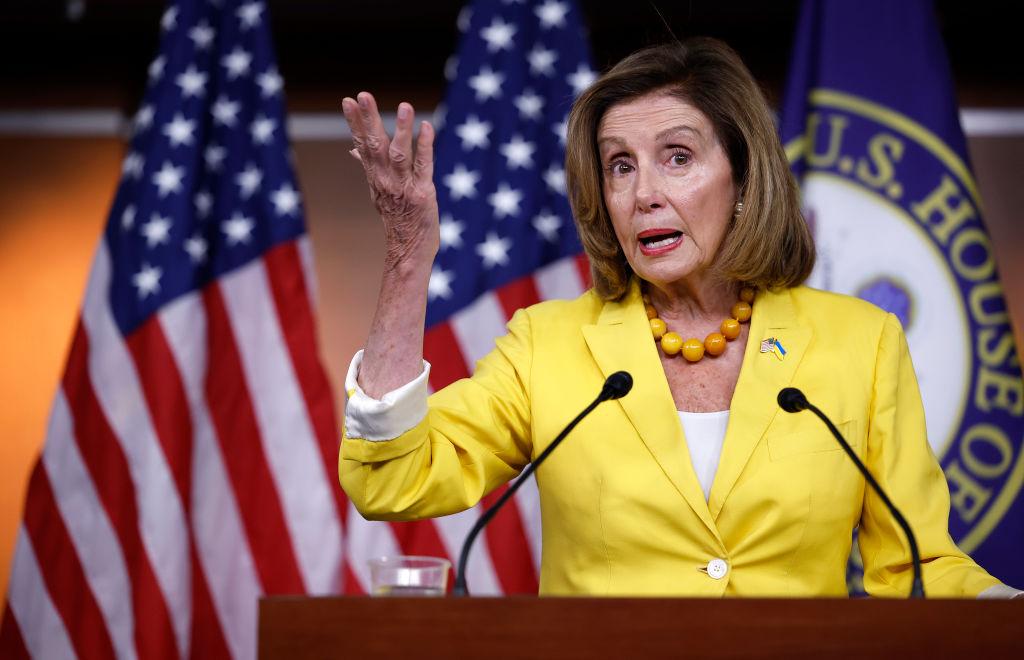House Democrats have released their long-awaited proposal to ban stock trading by members of Congress, senior government officials, and U.S. Supreme Court justices, with the measure seeking to cut conflicts of interest, increase transparency around enforcement, and make penalties for noncompliance more painful.
The text of the legislation (pdf), “Combatting Financial Conflicts of Interest in Government Act,” seeks to ban a range of officials—in Congress, the executive branch, the Supreme Court, and at the Federal Reserve—from trading or owning investments in instruments including stocks, commodities, futures, and cryptocurrencies.





